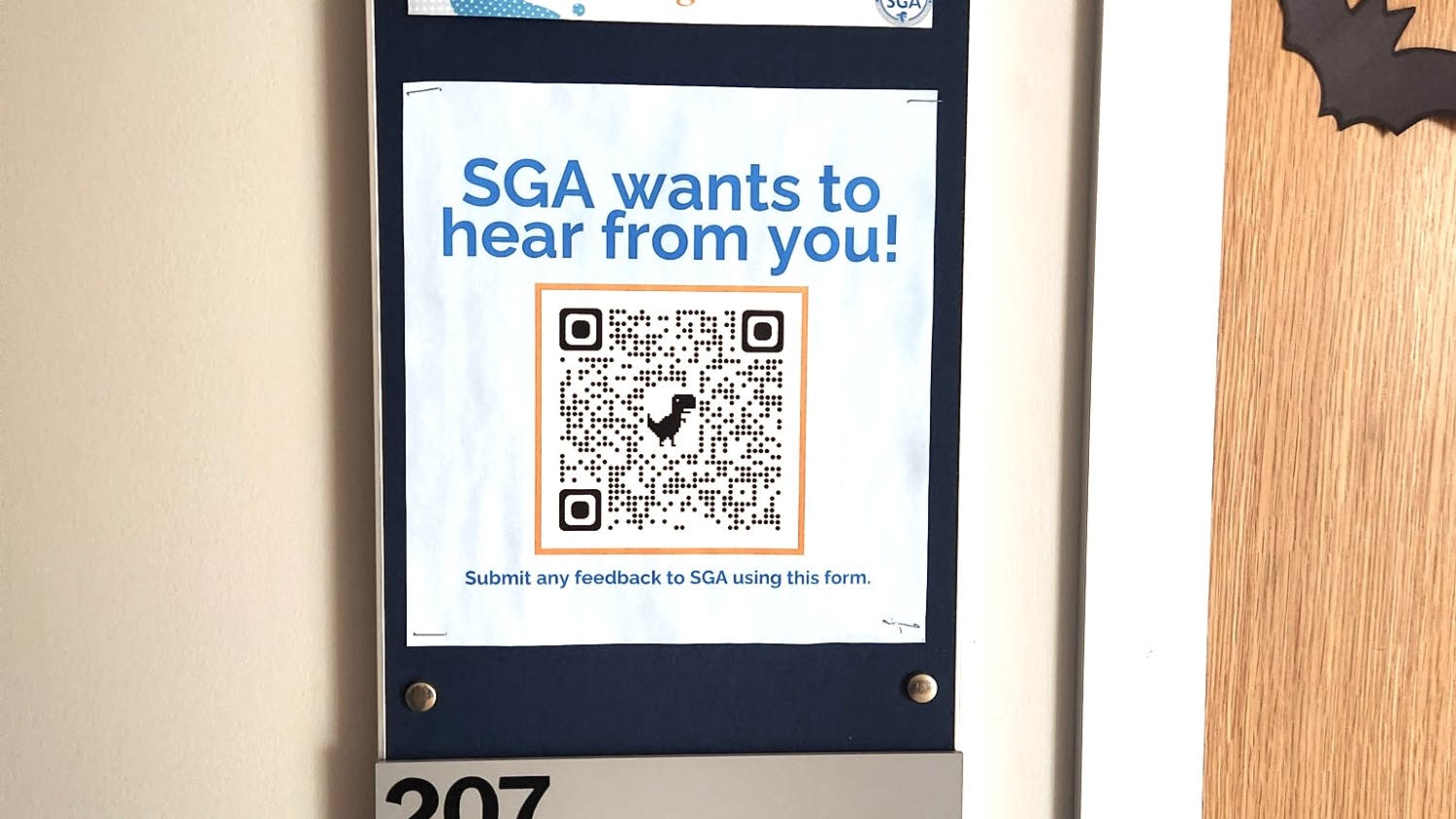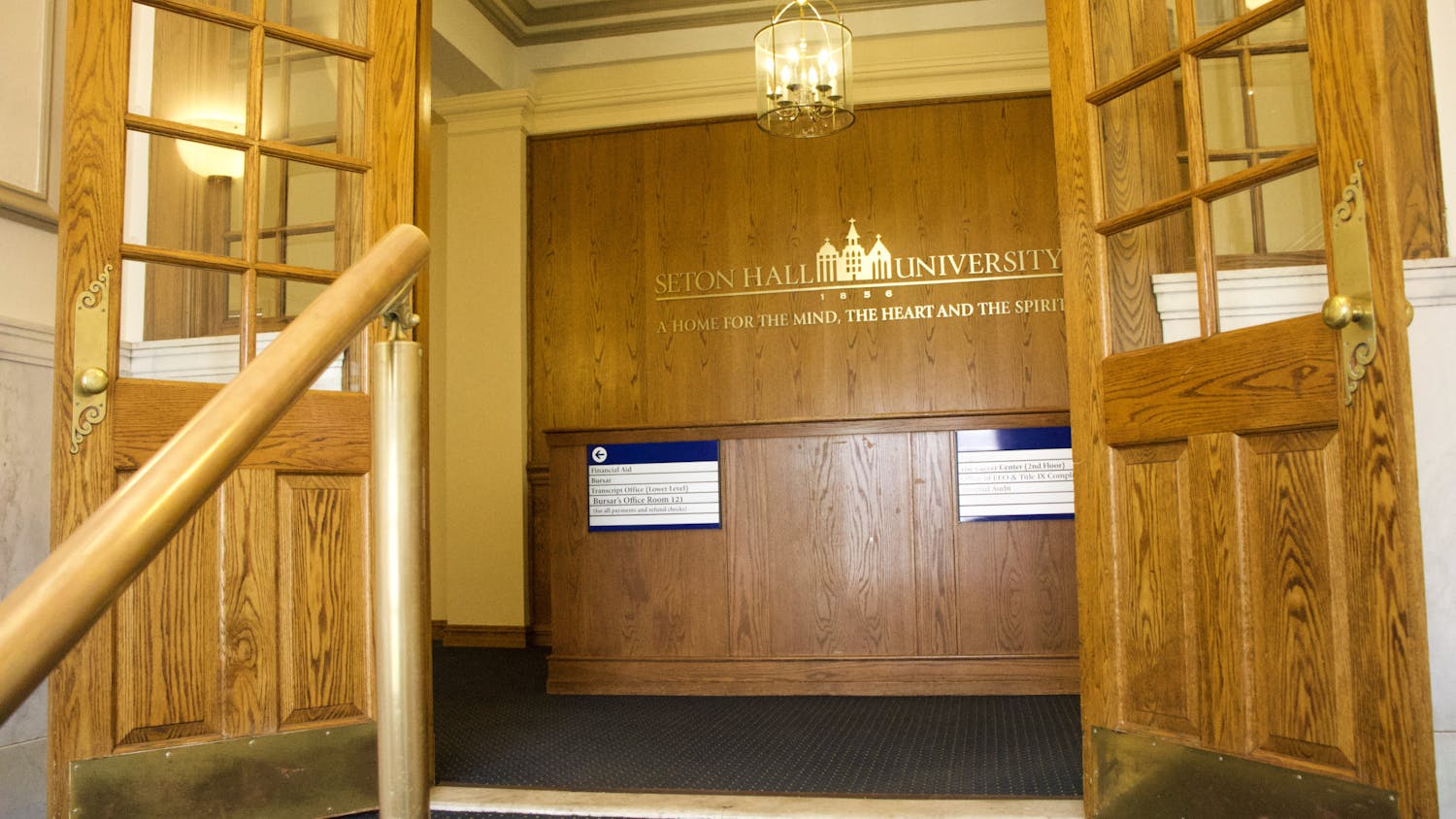The Dr. Martin Luther King, Jr. Leadership Program (MLKLP) hosted the Mandela King Symposium on Global Justice “Making the World a Better Place” in the Walsh Library’s Beck Rooms on April 24. In the midst of the 2015 Petersheim Academic Exposition, MLKLP reaffirmed their vision for the modern world by presenting group program initiatives. These project plans focus on initiatives that Nelson Mandela and Martin Luther King Jr. would have advocated for today: peace awareness, economic literacy, Rapid Orientation to College Development (ROTC) and Science, Technology, Engineering and Math (STEM). The initiatives strive to offer a successful future for younger generations. Maya Butler, president of the Martin Luther King Scholarship Association (MLKSA), stresses the importance of what MLKSA does and hopes for an annual Mandela-King Symposium. “We work with everyone from small children to homeless adults,” Butler said. “We see the potential in the young people we work with and hope that we can be the catalyst that they need to succeed.” “Our scholars have created programs that they plan to bring to the communities surrounding Seton Hall, we just need the manpower to do it,” Butler said. “We hope that holding events like the symposium will motivate others in the Seton Hall community to work alongside us.” The peace awareness portion of the symposium reflected America’s past and present-day relations with Cuba. Semhar Gebregzabher, a sophomore, noted how President Barack Obama brings America’s relations with Cuba onto the path of reconciliation. “America’s relationship with Cuba will be successful,” Gebregzabher said. “I don’t see any leader moving backward.” Daniel Brown, a junior, said the goal of the financial literacy program is to make younger generations financially literate. “This program is what is going to break the cycle,” Brown said. Breaking the cycle and getting high school students prepared for college is the objective of the ROTC program. ROTC will focus on the students’ personal goals for their future and provide assistance in the college application process. Choosing a field of study is a difficult task, especially when one feels limited as to what can be achieved. Shaping the Elite Minds for STEM presented studies that showed that minorities believe that careers in the STEM field are too difficult and that there is a lack of minority advisors in these fields. Together these four different models offer guidance to younger generations in obtaining a successful future. Leah Carton can be reached at leah.carton@student.shu.edu





